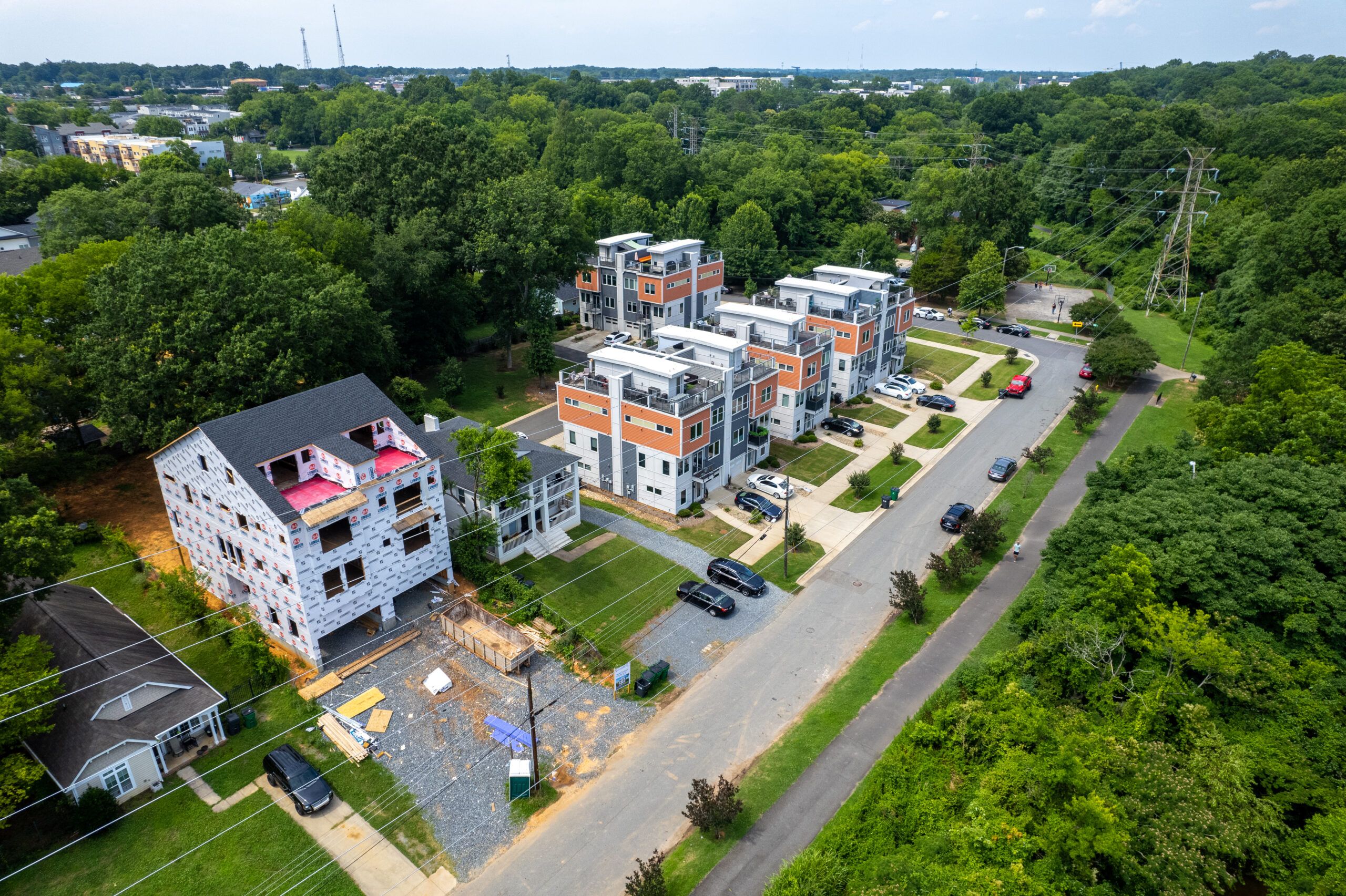
Five Key Facts About Housing Instability that You (Likely) Didn’t Know
This blog is part of an educational series connected to A Home For All, a community-wide effort to address homelessness and housing instability in Charlotte-Mecklenburg. United Way of Greater Charlotte was selected to lead its implementation and bring together key individuals and organizations to drive progress for the initiative.
Stable housing is a basic human need. Studies show the adverse effects on the physical and mental health of those experiencing housing instability and stable housing remains one of the foundational ways to help people become more upwardly mobile. United Way of Greater Charlotte’s mission to lift families and individuals out of poverty, as well as its connection to key civic, nonprofit and community stakeholders, are a couple of reasons the organization was selected to lead implementation. It will take the collective power of the community and the dedication of concerned individuals to break this trouble cycle.
Fact #1: The United States is facing an unprecedented housing crisis.
Freddie Mac estimates the nation faced a housing deficit of 3.8 million homes in 2020, an increase of more than 50% in just two years.[1] The rapid increase is not only the result of a backlog in new construction, but also rapidly increasing construction costs and lack of affordable homes for first-time homebuyers. Due to these trends, home prices have soared, many would-be buyers have turned to renting, investors have turned many of those homes into rentals and the greater competition for rental homes has, in turn, driven up rents.
Fact #2: Charlotte-Mecklenburg is not meeting the housing needs of its growing population.
On the surface, Charlotte-Mecklenburg’s housing sector appears to be meeting the needs of its growing population. Between 2010 and 2020, the population grew by 72,000 households and the County consistently ranks among the largest producers of housing in the country.[2] However, affordability issues persist due to the rising costs of housing. In recent years, the County has lost tens of thousands of units of low-cost housing while home prices continue to increase.
Fact #3: The overall housing situation in Charlotte-Mecklenburg is on a downward trend.
Housing is increasingly becoming unaffordable and is widening the economic divides in our community, which then deepens the racial inequity. People simply cannot afford to live and work here. In order to reverse this trend, we must close the affordable housing gap by increasing production of affordable units for low-income and extremely low-income households and more effectively coordinating critical supportive services, ranging from mental health to childcare.
Fact #4: Tens of thousands more housing units are needed to adequately serve the most affected group.
45,000 more housing units are needed if we are to provide housing to those earning 30% or less of the area median income. For every 100 households with an annual income under $35,000, there are only 56 affordable homes.[3] As such, nearly one out of every two households in this group are unable to find a unit that would allow them to contribute less than 30% of their income toward housing costs.
Fact #5: There is a critical need for deep collaboration and partnership in Charlotte-Mecklenburg.
Our community’s current homelessness and housing instability challenges cannot be resolved by any one individual, group or governing body. Success of the A Home For All initiative is dependent on an effective public-private partnership. Representatives from all sectors, including government, nonprofit and the business community, will need to work together to achieve the outcomes identified in the plan.
Sign up for the A Home For All newsletter to receive more interesting facts, critical data and important campaign updates. Follow us on Facebook and Instagram!
[1] Housing Supply: A Growing Deficit,” Freddie Mac, May 7, 2021, https://www.freddiemac.com/research/insight/20210507-housingsupply
[2] U.S. Census Bureau, 2010 and 2020 American Community Survey 5-year Estimates, Social Explorer, 2010 and 2020
[3] HR&A Advisors, Inc.




